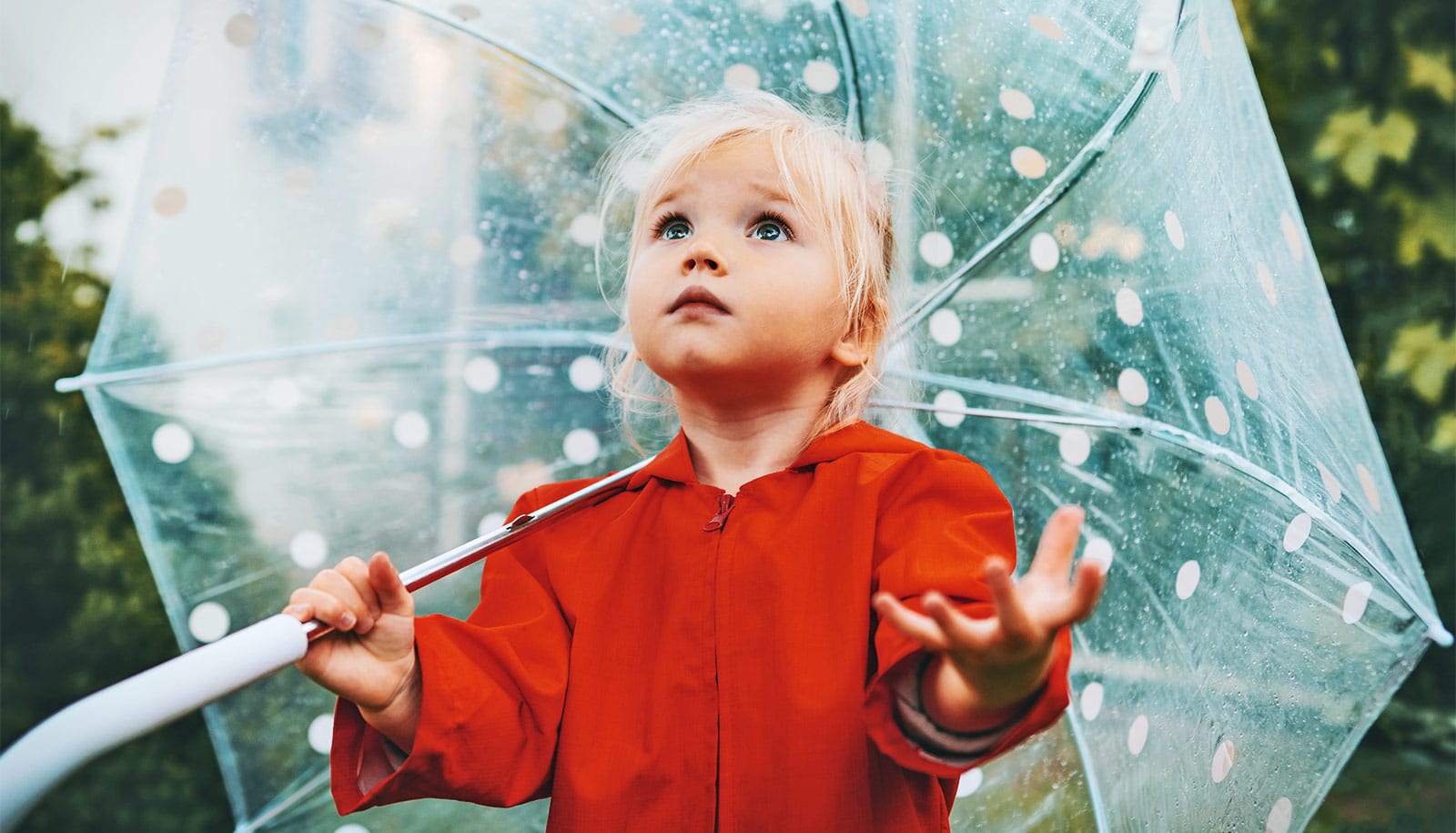New research provides an explanation for how infants and toddlers perceive playground disputes over fairness, like how to divvy up toys or cookies.
A new study in the Proceedings of the National Academy of Sciences examines how infants and toddlers rank fairness versus supporting their own social group, which the researchers call ingroup support.
“Our work provides new evidence that infants’ reasoning is guided by principles of fairness and ingroup support and, for the first time, demonstrates that infants also follow a context-sensitive ordering of these principles,” says lead author Lin Bian, a postdoctoral scholar of psychology at Stanford University. “When there is enough to go around, fairness is expected to prevail; when there is not enough to go around, however, ingroup support is expected to prevail.”
Favoritism vs. fairness
While recent research has shown that infants possess an understanding of fairness and loyalty, never have psychologists pitted the two moral principles against each other, says Bian, who is currently working with psychology professor Ellen Markman.
…when there were just enough cookies for the group, infants expected the distributing puppet to give all the cookies to their own social group.
To test how infants and toddlers respond when fairness and favoritism are put in opposition, Bian and coauthors from the University of Illinois at Urbana-Champaign showed 1.5- and 2.5-year-olds various scenarios of resources being distributed between two social groups.
In each setup, infants and toddlers watched live interactions between three puppets from two animal categories.
In the first set of experiments, infants watched one puppet present a tray of identical cookies to the other two puppets, one from their own social group and another from outside the group (Bian used a monkey and a giraffe puppet). Bian found that when there were more cookies than puppets, infants expected all the puppets—regardless of species—to receive equal cookies.
However, when there were just enough cookies for the group, infants expected the distributing puppet to give all the cookies to their own social group. Group loyalty overrode fairness, says Bian, who notes that infants noticed when the distributor gave any of the cookies to the outgroup puppet.
Toddlers seem to grasp social pecking order
The third experiment tested the same question with toddlers. Using toys instead of cookies, the group found that toddlers reacted much the same way as infants: They also expected fairness when there were as many toys as puppets but expected ingroup support when there were fewer toys than puppets. These findings show that beginning early in life, toddlers already have a sense of fairness.
Right and wrong
The study also offers a new understanding of what social and evolutionary psychologists call the “first draft” of morality.
Some scholars have suggested that over time, humans have gradually evolved a capacity for moral reasoning connected to their survival. This includes fairness and ingroup support, but also other expectations like avoiding harming others and deferring to authority.
“Our findings indicate that by the second year of life, children are already capable of sophisticated moral computations that take many factors into account,” Bian says. “This suggests that how we as humans reason about what is right and wrong is in part an evolved adaptation.”
Dogs and toddlers outdo chimps at social skills
On the practical side—like negotiating sandbox politics—Bian hopes that these findings can help parents understand what might have caused these disagreements to begin with.
Source: Stanford University



